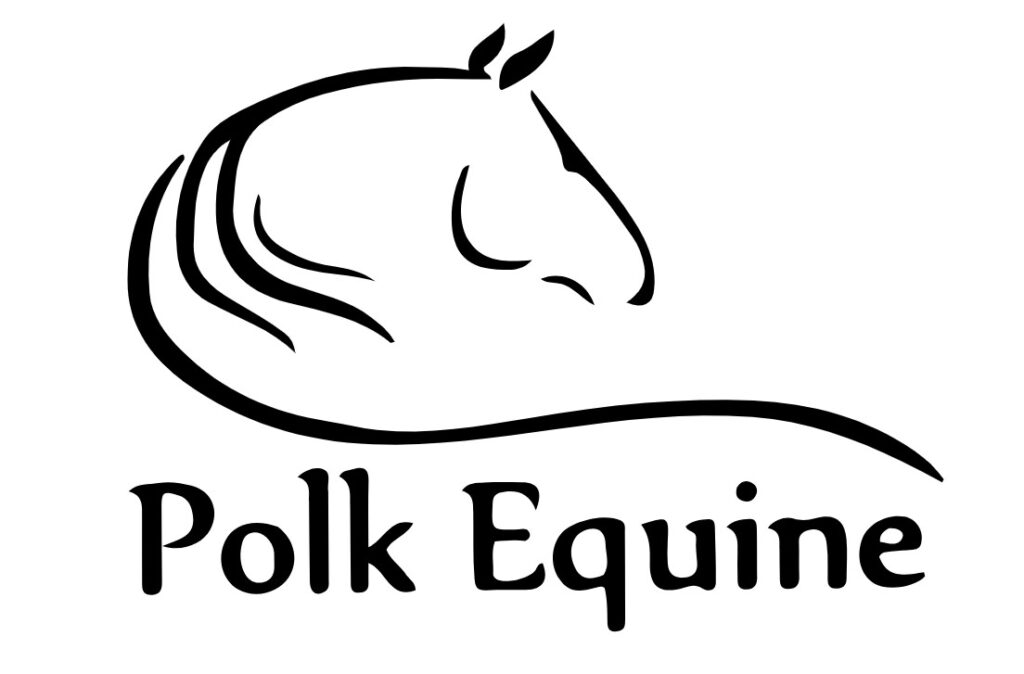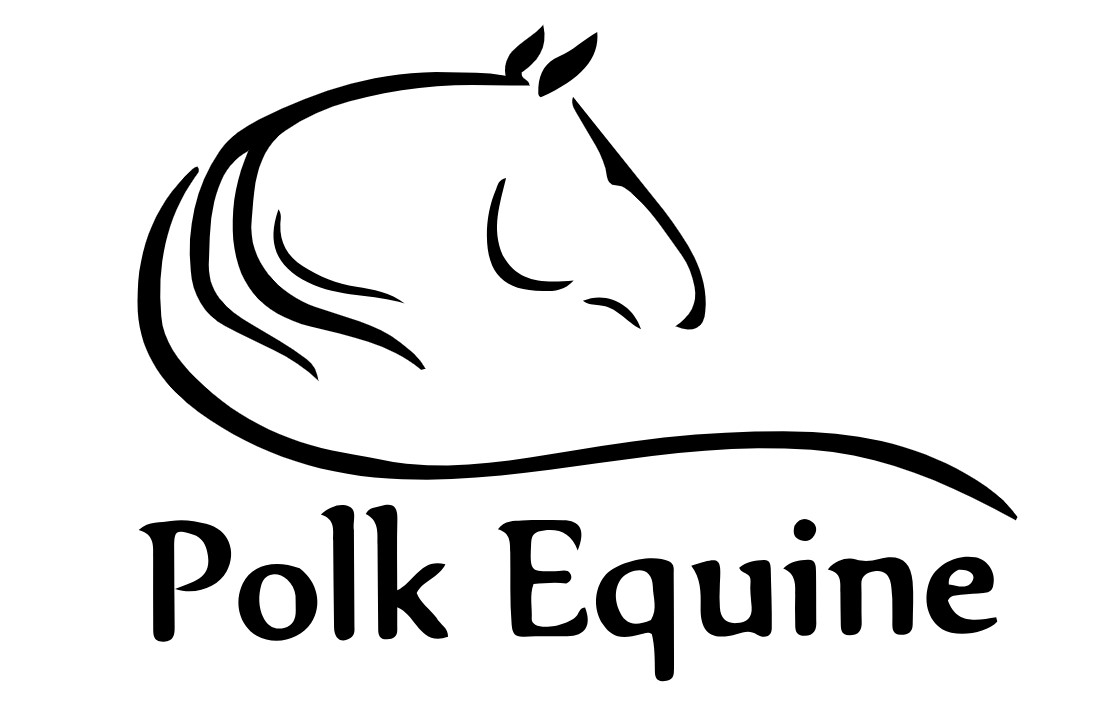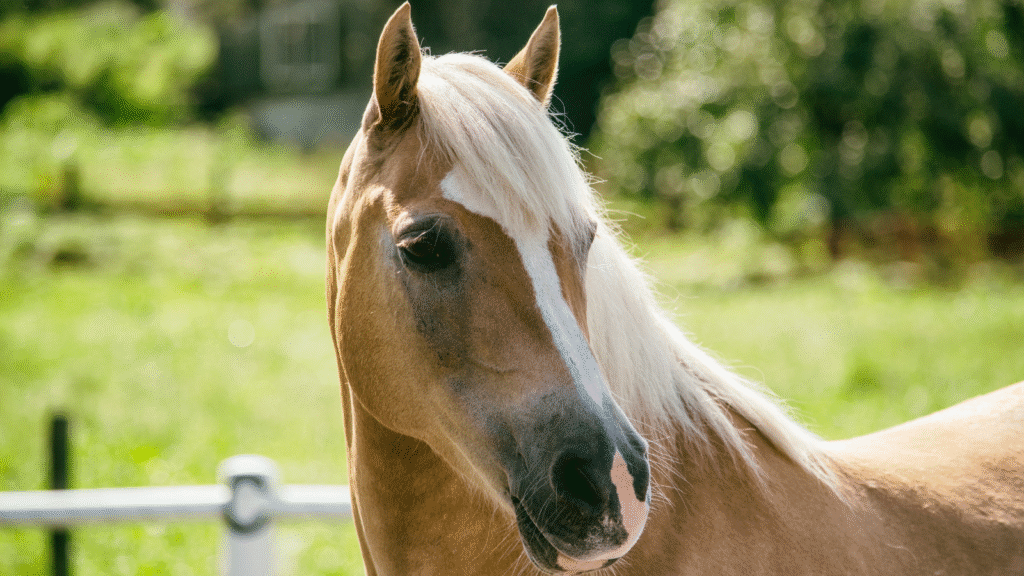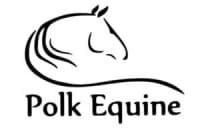Florida summers are no joke. Scorching temperatures, high humidity, and buzzing mosquitoes can all pose serious risks to your horse’s health. Caring for equines during summer months demands extra vigilance. Polk Equine knows how vital it is to keep your horse cool, comfortable, and protected from seasonal threats like heat stress and mosquito-borne diseases.
Tips to Keep Horses Cool in Hot Weather
Combine high heat with Florida’s humidity, and you’ve got the perfect storm for equine heat exhaustion, dehydration, or even colic. Fortunately, with some proactive steps, you can help your horse stay safe throughout the summer months.
Provide Constant Access to Fresh Water
Horses need water during the summer more than ever. Make sure troughs are cleaned regularly and refilled often. Consider placing multiple water sources around paddocks and pastures. Encourage your horse to drink throughout the day.
Offer Ample Shade
Whether it’s a sturdy run-in shed or shade from large trees, make sure your horse has a place to escape the direct sun. If your horse lives in a stall, keep it well-ventilated and shaded during peak sun hours.
Use Fans or Misters
In barns or shelters, fans can help circulate air, while misting systems provide evaporative cooling. Just be sure your horse isn’t left standing in wet areas that could lead to hoof issues.
Schedule Rides Wisely
Avoid strenuous work or trail rides during the hottest part of the day. Early mornings or late evenings are best for activity. Watch for signs of heat stress such as rapid breathing, sweating, and weakness.
Cool-Down Procedures Matter
After exercise, always allow your horse to cool down gradually. Walk them out, offer water in intervals, and hose them off with cool water (especially along the neck, chest, and legs) to lower body temperature.
Mosquito-Borne Equine Diseases
Florida’s mosquito population booms in the summer, and with it, the risk of serious diseases like Eastern Equine Encephalitis (EEE) and West Nile Virus (WNV). Vaccination is your horse’s best defense. Talk to your equine veterinarian about a vaccine schedule.
Eastern Equine Encephalitis (EEE)
EEE is a viral disease that affects the brain and spine. It’s often fatal in horses. Symptoms include fever, staggering, head pressing, and seizures.
West Nile Virus (WNV)
WNV also affects the brain and spinal cord. Horses infected with West Nile Virus may show signs such as twitching, weakness, and difficulty standing.
Warm-Weather Considerations for Horse Owners
- Fly Control: Invest in quality fly masks, sheets, and/or sprays to prevent bites and reduce the chance of skin infections or eye irritation.
- Electrolytes & Diet: If your horse sweats heavily, talk to your vet about supplementing with electrolytes to restore balance and avoid dehydration.
- Hoof Health: Wet-dry cycles caused by rain and sun can lead to cracking or thrush. Keep hooves clean and check them regularly for signs of issues.
A Safe Summer with Equine Veterinary Care in Polk County, FL
Summer in Florida can be tough on horses. By staying proactive and partnering with your mobile equine vet, you can prevent heat-related illnesses and mosquito-borne diseases from taking a toll on your horse’s health. Polk Equine is proud to provide mobile equine services like vaccines for horses in Lake Wales, Winter Haven, Lakeland, and surrounding areas. Contact us to schedule a visit with our equine vet.




